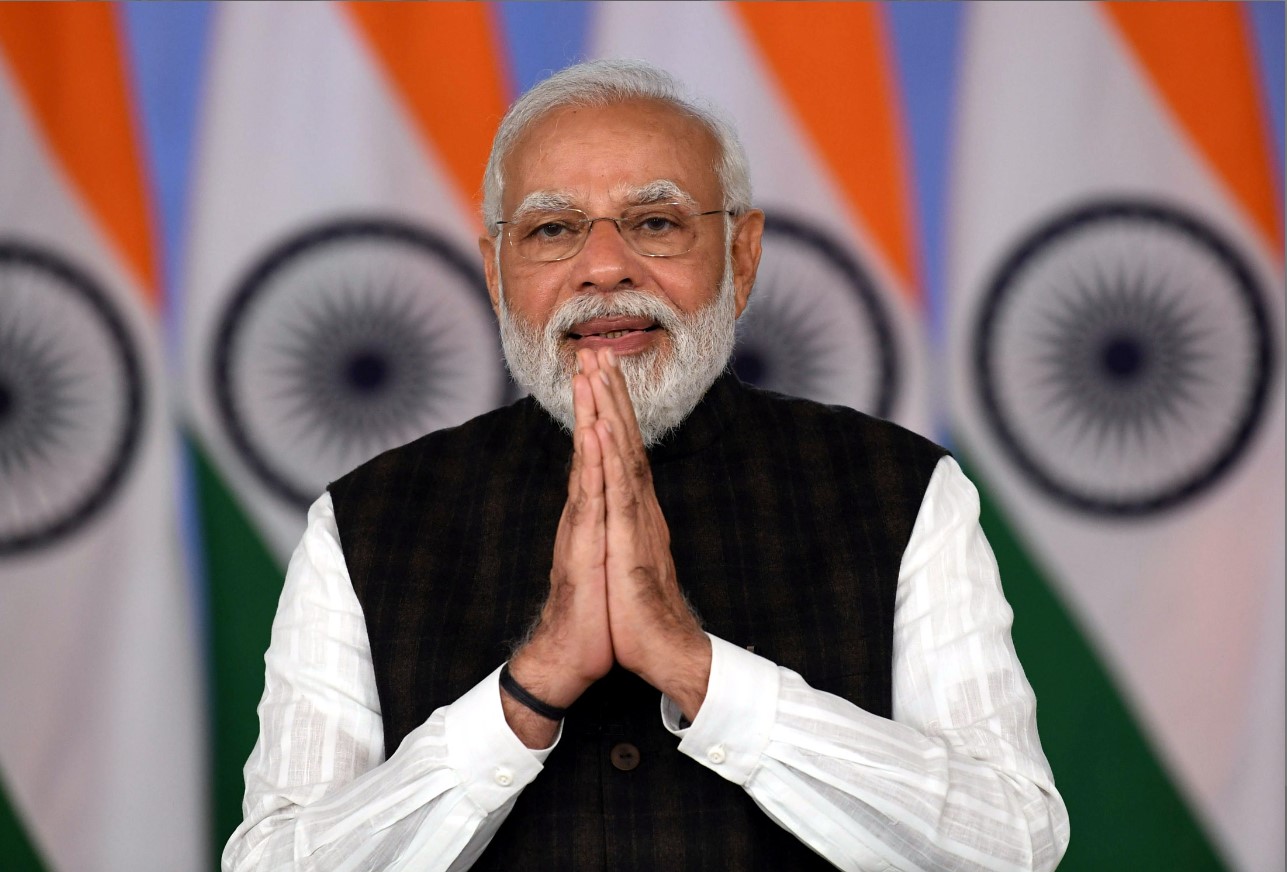
Canada expected noise. India delivered clarity. W i t h n a r r a t i v e s collapsing under facts, PM Modi’s G7 visit did more than warm ties—it shattered illusions. This was the foreign policy equivalent of precision strike diplomacy, and it has set the tone for what’s to come.
A Visit After a Decade: Context & Importance-In mid-June 2025, Prime Minister Narendra Modi traveled to Canada—the first such trip in nearly a decade— for the G7 summit in Alberta. He was invited by Canadian PM Mark Carney, who chaired the summit and invited leaders beyond the G7 (including India, the UAE, and Ukraine) to signal a broader global agenda This visit followed years of strained relations centered on Sikh separatist activity and a diplomatic crisis triggered by Canada’s accusations that Indian agents were involved in the June 2023 killing of Khalistani activist Hardeep Singh Nijjar in Surrey, BC. The incident led to mutual diplomat expulsions, suspended visa services, and stalled trade talks—pushing bilateral ties toward a historic freeze .
Why This Visit Matters: A Diplomatic Shift
With Indianorigin Canadians numbering around 1.8 million and economic ties worth ~US$9–10 billion annually, both countries see major potential in renewed business and educational engagement.
Khalistan in Canada: Evaluating the Ground Reality
Hard Results: What Has Changed Post-Visit a. Diplomatic Trust Reinstated India and Canada committed to reinstating high commissioners and reversing diplomatic labelling such as “persona non grata.” They agreed to resume pending trade negotiations, including the EPTA, with timelines for resumption
Policy Consistency: Both governments need to embed cooperation into tangible policy. Signing frameworks is one thing, implementing them—especially in extradition, hate speech laws, and funding tracking—is another. Global Impacts: How Canada handles this reset could influence its Indo-Pacific strategy, Western alliances, and willingness to host other emerging leaders at multilateral summits. Strategic Implications Canada’s Realpolitik Reset: Mark Carney’s invitation to Modi reflects a calculated shift— placing national interest and economic diversification above diaspora and party politics Fringe vs Mainstream: Khalistan activism in Canada remains a vocal, yet limited movement.
It continues to draw police scrutiny, but no popular mandate. India’s Global Integration: Modi secured a seat at the G7 table—not as a guest, but as a peer—while addressing domestic criticisms on national security. Canada’s Indo-Pacific Pivot: Re-engagement with India positions Canada to diversify its global partnerships, reducing overreliance on the U.S., especially amid shifting geopolitical faultlines.
Deliverables Are Crucial: Symbolic resets are temporary— outcomes depend on enforceable steps, judicial follow-through, and institutional continuity. Conclusion: A Reset Without Illusion PM Modi’s 2025 Canada visit marks a reset moment—not a total transformation. It reopens dialogue, rebuilds trust, and resumes cooperation across security, trade, and education. Crucially, it shifted the Khalistan issue from headline risk to contextually monitored challenge. Khalistan activism remains limited in scope—relevant mostly as an irritant, not as a destabilizing force. Canada’s future policy must reaffirm its commitment to civil rights, and India’s must stress accountability and enforcement of threats. The real question: will symbolic resets be matched by durable, actiondriven policy Recommendations Evidence Transparency: Canada should, if possible, share evidence of Nijjar’s case; India should respond within legal mechanisms, reinforcing trust. Formal Policing Cooperation: Joint task forces to handle hatemotivated threats and extremist financing.
Community Dialogue: Structured engagement between Sikh diaspora leaders, Indian diplomats, local police, and government representatives, to foster community resilience and trust.
Economic Integration Plans: Establish timelines for trade pacts, visa facilitation, uranium and education collaborations. Multilateral Integration: Canada could launch an Annual Indo-Pacific Dialogue, seeking India’s participation in broader multilateral summits like G7+, APEC, and Commonwealth forums.
Lastly-PM Modi’s visit to Canada was a meaningful reset—not a breakthrough miracle. It reset communication, traded symbols for substance, and contextualized Khalistan activism as a manageable fringe issue, not a strategic crisis.If both Ottawa and New Delhi now translate cooperation into action—law enforcement, trade, diaspora engagement—this could be a model case for how partnerships evolve in a multipolar world. If they falter, the reset slips into symbolism—and trust begins slipping again.
(By-Dr Nishakant Ojha International Security Strategist with Proven Expertise in Terrorist Deconstruction & Geopolitical Intelligence. Known Across the Gulf as the Man Who Decodes Extremism and Defends Sovereignty)
